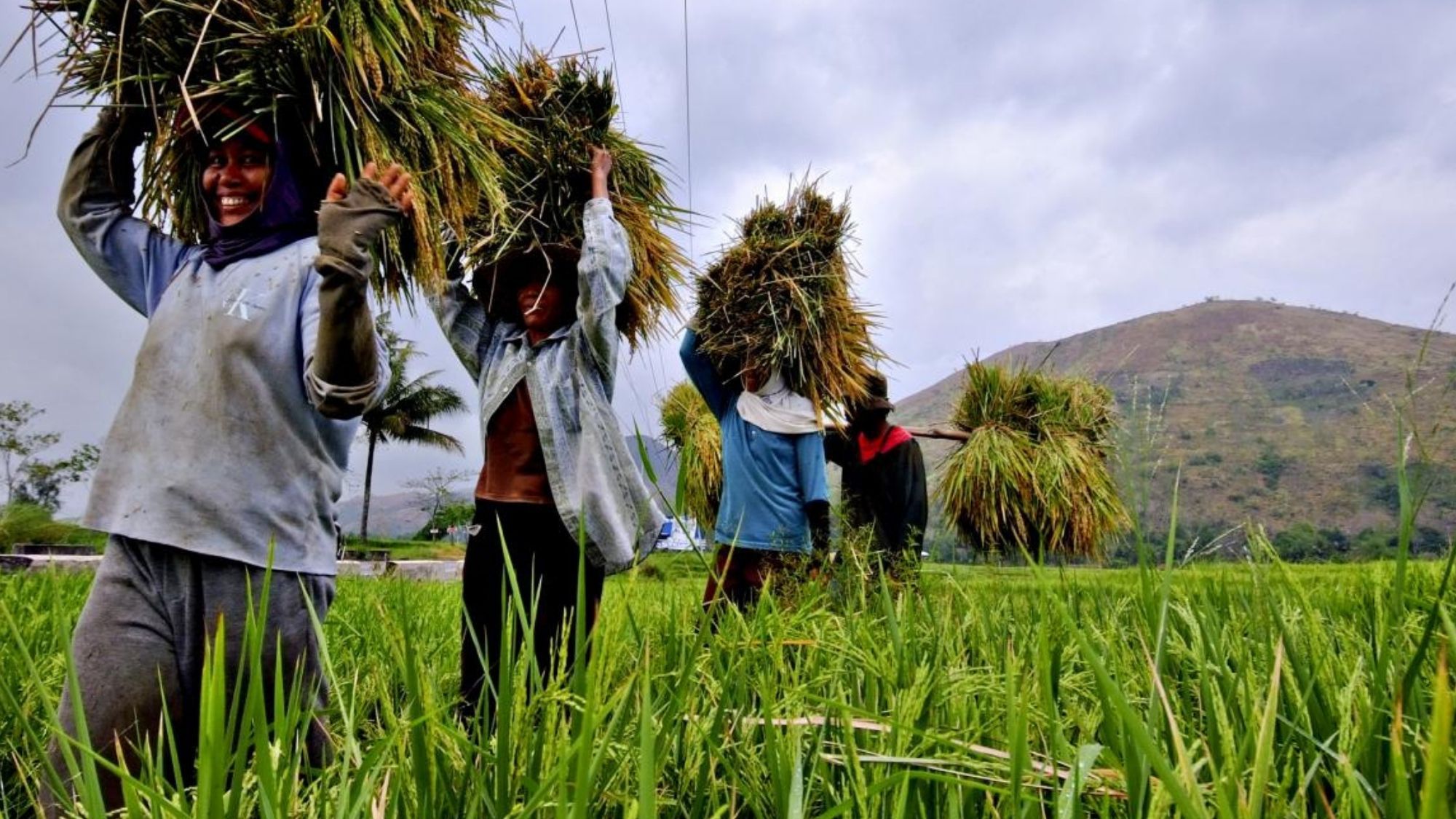The Department of Agriculture sees a 2.5-percent growth of the Philippines' agriculture sector for 2021, as the economy gradually recovers from the COVID-19 pandemic.
Dar said they will also strengthen coordination with local government units (LGUs) for them to activate their local price coordinating councils to regularly monitor supply and prices of basic food products in public markets, and reprimand erring retailers and profiteers.
DETERMINED to attain food security for major commodities like rice, meat and vegetable products and help uplift the living conditions of local farmers, the Department of Agriculture (DA) is working towards achieving a 2.5 percent growth of the sector this year and laying the groundwork for 2022 through the “One DA” agenda by employing modern and industrialized Philippine agriculture.
Agriculture Secretary William Dar said that interventions will remain geared toward achieving the twin goals of “Masaganang Ani at Mataas na Kita” to benefit over 10 million small farmers, fisherfolk and their families.
Efforts must be sustained in attaining food security for major commodities like rice, pork, chicken, fish, fruits, and vegetables to stabilize supply and prices.
“These include consolidating and mobilizing farm and fishery products from surplus provinces to major consumption areas like Metro Manila,” he said.
In particular, the DA will exert extra effort to get significant budgetary support for livestock and poultry, fishery and high value crops.
Dar said they will also strengthen coordination with local government units (LGUs) for them to activate their local price coordinating councils to regularly monitor supply and prices of basic food products in public markets, and reprimand erring retailers and profiteers.
The LGUs will play key role in implementing provincial commodity investment plans and establish regional disaster risk and climate-resilient agriculture offices, and villages to promote sustainable agriculture practices and adaptation and mitigation initiatives.
Dar also directed the ‘OneDA’ family officials to map out risk factors, food value chain, credit, production, marketing, and logistics needs and assistance under each major commodity program on rice, corn, fisheries, and high-value crops.
The Philippine Coconut Authority (PCA) will pursue needed initiatives and programs under the coconut industry development plan as mandated by the newly-signed Republic Act 11524 or the Coconut Farmers and Industry Trust Fund Act.
Through its national livestock agencies, the DA will sustain efforts — in strong partnership with LGUs, private sector, veterinary groups, academe, and hog raisers’ groups — to implement the “Bantay ASF sa Barangay” and hog repopulation program.
He added that the DA is set to establish this year the country’s first border inspection facility or Agricultural Commodity Examination Area (ACEA) at the Manila International Container Terminal (MICT), South Harbor, Port of Manila. Four other ACEAs will be established in Cebu, Batangas, Subic, and Davao.
To enhance the development of the fishery sector, he said fisheries management areas (FMAs) will play a key role in providing sustainable source of income and livelihood to small fishers and their families.
Likewise, public and private investments should be poured in to expand breeding and hatchery operations of high-value, commercial species, and that lakes, dams, coves, and bays will be tapped as additional fishery production areas. (RdlC)
